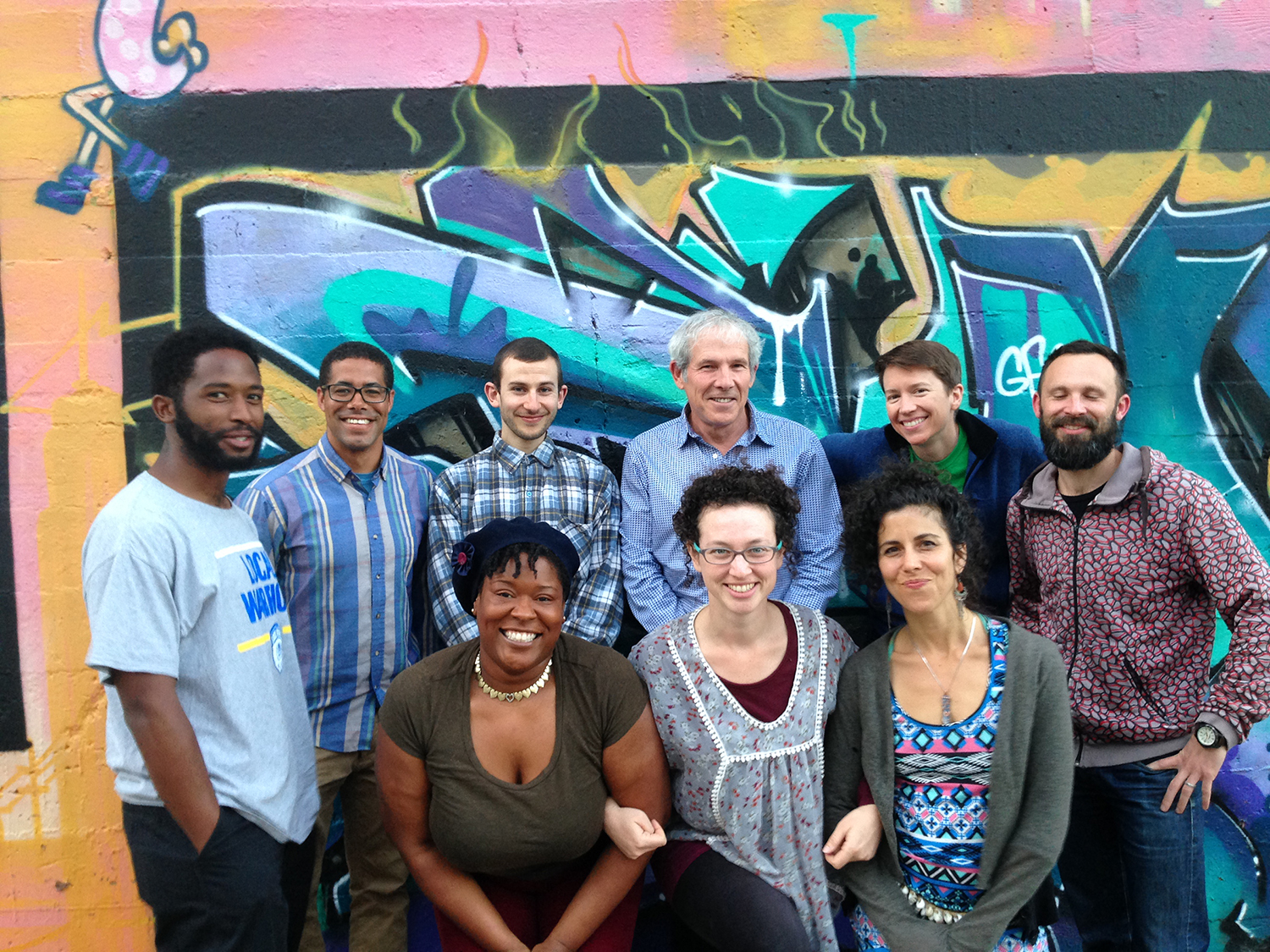By Lauren Counts, Senior Director, Strategy, Innovation, and Impact Management
Innovation is an important tool for mission-driven organizations as they work within their communities to address issues of social, racial, and economic justice. Traditional thinking will not solve the problems that communities across the country experience today, such as racial bias, financial instability, and wealth stripping. However, at times there can be a disconnect between innovations that organizations believe will be impactful and actual community needs.
As a mission-driven organization, our values drive our work. To ensure that we are true to our communities, we use them as a guide. Using our values to turn bold thinking into brave action, Capital Impact empowers its communities to make the change that they are working toward.

Our 2018 investments in these organizations will not only equip immigrant communities with vital social services, but will also empower a group that has historically strengthened our society with each generation.
Brave: For us, hot-button issues are not to be shied away from. Indeed, they often provide the best opportunities for addressing inequity and expanding justice. Immigration touches on racial equity and the ability of individuals and families to create opportunity for themselves while enriching their communities. Tacoma Community House in Washington State, Make the Road in New York, and Casa Familiar in California provide equitable access to services that align with our mission, like education, housing, and workforce development, as well as providing legal services and advocacy on behalf of immigrants. Our 2018 investments in these organizations will not only equip immigrant communities with vital social services, but will also empower a group that has historically strengthened our society with each generation.
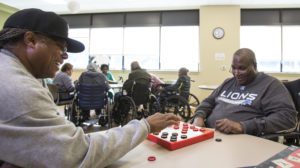
Impact investing provides a great opportunity to raise capital for social impact while driving financial activism.
Creative: Capital Impact embarked on the journey to create our Capital Impact Investment Notes at a time when few other CDFIs were thinking about raising capital from impact investors. Realizing the potential for individual and institutional investors to create social impact and help communities address their needs, Capital Impact launched an offering of $100 million S&P-rated, fixed-income Capital Impact Investment Notes. This offering drives financial activism, so that all investors can bring real change to communities while receiving both a financial and social return on their investments. The demand was so positive that within the first year, we sold the initial $100 million offering, and have made another $125 million in Investment Notes available.
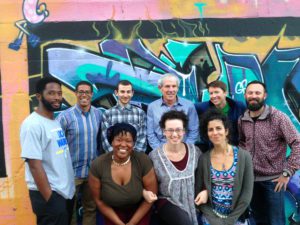
Creative thinking led us to invest in Sustainable Economies Law Center, an organization looking for new ways to expand affordable housing in communities.
Creative thinking also led to Capital Impact’s Co-op Innovation Awards. Co-ops have real power to transform low-income communities into strong, vibrant places of opportunity. With momentum growing around the power of cooperatives to create economic opportunity, Capital Impact designed these awards to further the cooperative movement and the impact that cooperative organizations are creating for underserved communities and communities of color nationwide. Now in its fifth year, we are proud to see that our winners are empowering their communities – particularly for communities of color – by building food, worker, and housing co-ops, as well as through financial services and legal assistance.
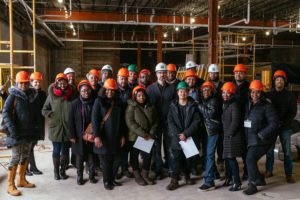
Seeing a gap in the real estate landscape, Capital Impact is working with 47 minority developers, make the sector more inclusive.
Inclusive: Fostering inclusiveness in communities at times takes examining areas that are often overlooked. After finding that, in Detroit where people of color make up 90 percent of the population, only 10 percent of our construction lending went to minority developers, we created our Equitable Development Initiative, an example of an idea inspired locally from our work financing construction projects in Detroit. Through EDI, we chose to find a way to contribute to the growth of a pool of minority real estate developers that truly reflects the city’s diversity, and we have since supported 47 developers with capacity and capital.
Tenacious: The point of innovation is to bring new ideas into being, even if the chances of success seem slim. We have even created an innovation pipeline to help us vet the utility, practicality, and appropriateness of innovative ideas for our community projects and programs. Tenacity allows us to bring these ideas to fruition, especially when working collaboratively toward a goal. Case in point is our work supporting the conversion of small businesses into worker cooperatives. Every year, Baby Boomers reach retirement age. Many Boomer business owners do not have succession plans, which could leave millions without jobs and communities without vibrant businesses
if they close.

Worker co-op conversion is a bold opportunity for employees with the tenacity to become business owners and take control of their work and financial futures.
Capital Impact worked with partners on a new report – “Co-op Conversions at Scale: A Market Assessment for Expanding Worker Co-op Conversions in Key Regions & Sectors” – to illustrate how employee-owned cooperatives can anchor successful businesses, build assets for employees, retain quality jobs, and drive local prosperity. Additionally, the report identifies key sectors, regions and strategies for converting business ownership to employees using a cooperative model helps transform the lives of economically vulnerable communities, especially those in urban areas. The tenacity needed to advance the power of cooperatives to create communities of opportunity has been taken up by others as well, particularly with the passing of the Main Street Employee Ownership Act.
The idea of equity and justice for all is, of course, not new. For generations, individuals have sought the ability to make equitable and prosperous presents and futures for themselves and their families. Facing down complex issues like racial injustice takes out-of the-box thinking. Tailored and targeted strategies can help communities achieve the success and prosperity that place all on a level playing field.
